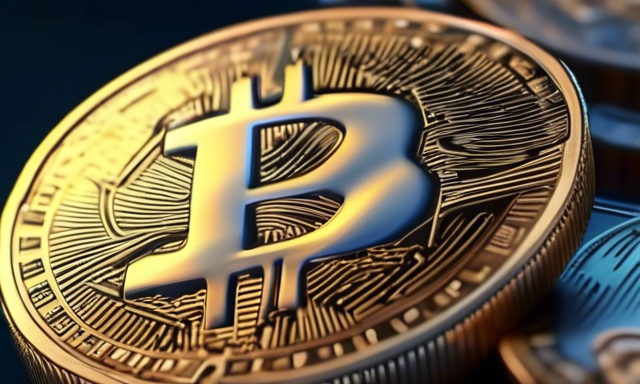The Future of Crypto Tax in Japan🔮
Japan is considering significant changes to its crypto tax code that could have a positive impact on investors. The country’s financial regulator, the Financial Services Agency (FSA), has proposed a reform to lower the tax rate on crypto profits to a flat 20%. This proposal is part of a broader review of the fiscal code for the year 2025. Here’s what you need to know about these potential changes:
FSA’s Push for Crypto as Traditional Assets
Under the new proposal, the FSA is advocating for cryptocurrencies to be treated as traditional financial assets. This move aims to make them more accessible for public investment. The FSA believes that cryptocurrencies should be considered financial assets and investment targets for the general public, according to their recent report.
- The FSA’s proposal aims to treat cryptocurrencies more like traditional financial assets.
- This change could make investing in cryptocurrencies more accessible to the public.
Tax Changes for Crypto Investors
Currently, Japan taxes cryptocurrency earnings under a miscellaneous income category, with rates ranging from 15% to 55% based on the individual’s income bracket. This high tax rate can be burdensome for many investors, especially for earnings exceeding $1,377 (200,000 Japanese yen). In contrast, stock trading profits in Japan are taxed at a maximum rate of 20%. The proposed tax changes would:
- Cap cryptocurrency profits tax rate at 20%.
- Require corporate holders to pay a flat 30% tax on crypto assets.
- Provide relief to individual and corporate investors in the crypto space.
Process of Changing Tax Laws
Changing tax laws in Japan goes through several stages involving government ministries, tax committees, and the national legislature. For any reforms to become law, they must pass through both houses of the national legislature. Advocates within Japan’s crypto industry have been pushing for tax reform for years:
- Government ministries submit tax reform requests to the ruling party.
- Requests are reviewed by the tax system research committee.
- Both Houses of the national legislature must approve reforms.
- Advocates in Japan have been calling for a reduced tax burden on crypto assets.
Growing Crypto Trading Activity in Japan
Japan’s crypto market is poised for rapid growth, with the number of daily crypto traders expected to increase from 350,000 to around 500,000 by the end of this year. This growth would position Japan’s market between Turkey’s and Indonesia’s in size and make it about two-thirds the size of South Korea’s market. Key points to note:
- Japan’s crypto market is expected to expand significantly in the coming months.
- The country’s high awareness of crypto makes it a prime area for growth and innovation.
- Japanese tech giant Sony Group recently entered the crypto market by acquiring Amber Japan.
The Future of Crypto Tax in Japan🔮
As Japan looks to reform its crypto tax laws, investors can expect potential changes that would make investing in cryptocurrencies more favorable. Stay tuned for updates on how these proposals progress and what they mean for the crypto landscape in Japan.
Sources:
- Financial Services Agency (FSA) Proposal
- [Bitget Study](insert link)





 By
By
 By
By
 By
By
 By
By

 By
By